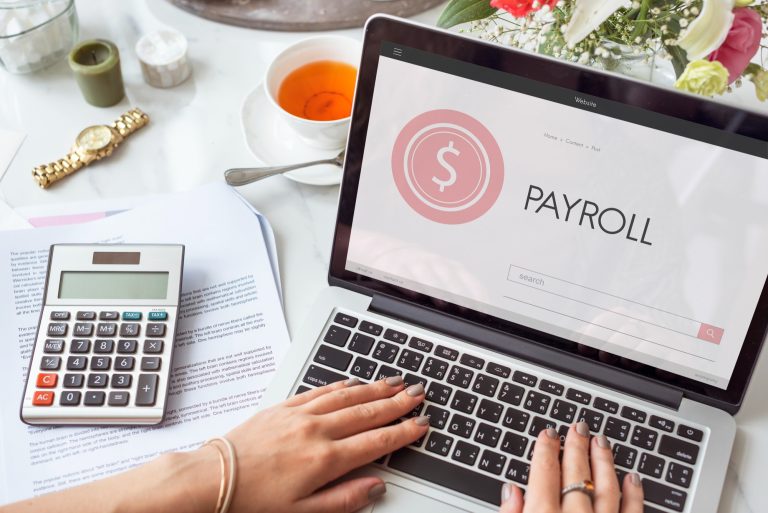Celebrating Strength and Inclusion: International Day of Persons with Disabilities
On December 3rd, people around the world observe the International Day of Persons With Disabilities. This date was first established by the United Nations in 1992 with the purpose of providing an opportunity for advocacy of rights, welfare, and dignity of people with disabilities as well as awareness about the obstacles they face in their lives.
Today, more than 1.3 billion people suffer significant disability, which means that 16% of the world’s population has a disability. Most persons with disabilities die earlier, are at increased risk of developing a range of health conditions, and experience more limitations in everyday functioning than the rest of the population. In this blog, we will learn the importance of observing the International Day of Persons with Disabilities and will understand different types of disabilities.
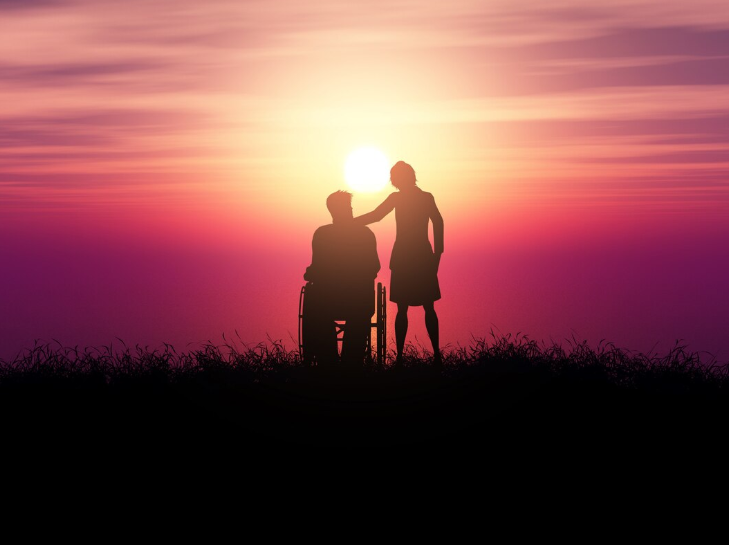
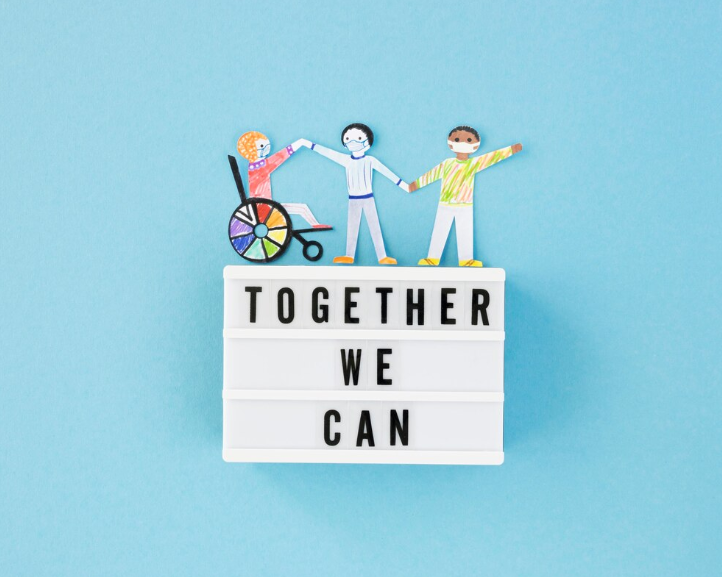
International Day of Persons with Disabilities: Why is it important?
International Day of Persons with Disabilities highlights and raises awareness about the contribution of people with disabilities. The 2019 United Nations report shows that around 15% of the population has some sort of disability which is approx one billion people worldwide.
Disabled people have an equally placed position regarding rights with the rest of us, though they experience some kind of difficulties in their daily lives due to their disability. On this day, we are reminded to start doing something that eliminates these barriers so that all people can be treated equally.
Understanding Disabilities and Types
Disabilities are different, and one might differ from another. Some common disabilities are as follows:
-
Physical Disabilities:
These involve difficulties with mobility; for instance, a spinal cord injury, cerebral palsy, or arthritis. In other words, people face a challenge when moving around or using parts of their bodies. For example, they use wheelchairs, crutches, or prosthetics.
-
Sensory Disabilities:
This includes vision and hearing impairments. Those with sensory disabilities may use tools such as braille sign language, or hearing aids in communication and navigation within their surroundings.
-
Intellectual/Developmental Disabilities:
These include conditions like Down syndrome, autism, and intellectual disabilities, which may affect learning and social skills. Support may be given as special education and therapy.
-
Mental Health Disabilities:
These include depression, anxiety disorders, bipolar disorder, and schizophrenia where the person's emotions or behaviors are affected. Support often includes counseling, therapies, and medications.
-
Invisible Disabilities:
These are those disabling conditions that cannot easily be seen, such as chronic pain, diabetes, or epilepsy, but significantly impact daily life.
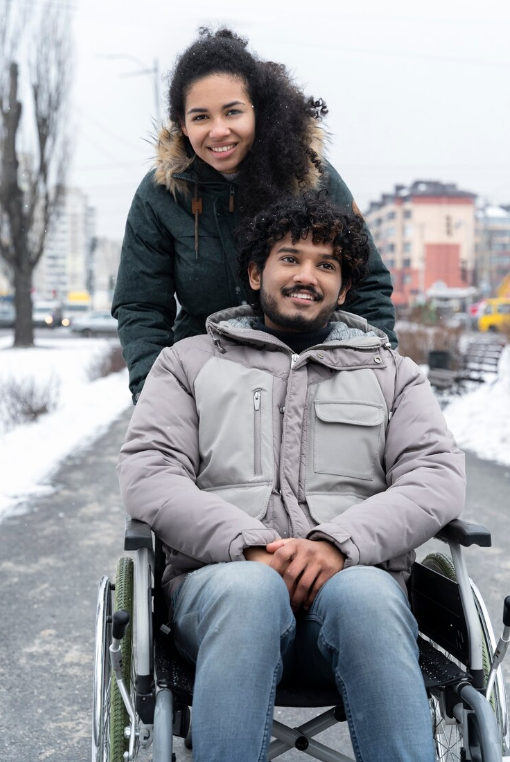
Do you want to know more about our hihellohr Software?
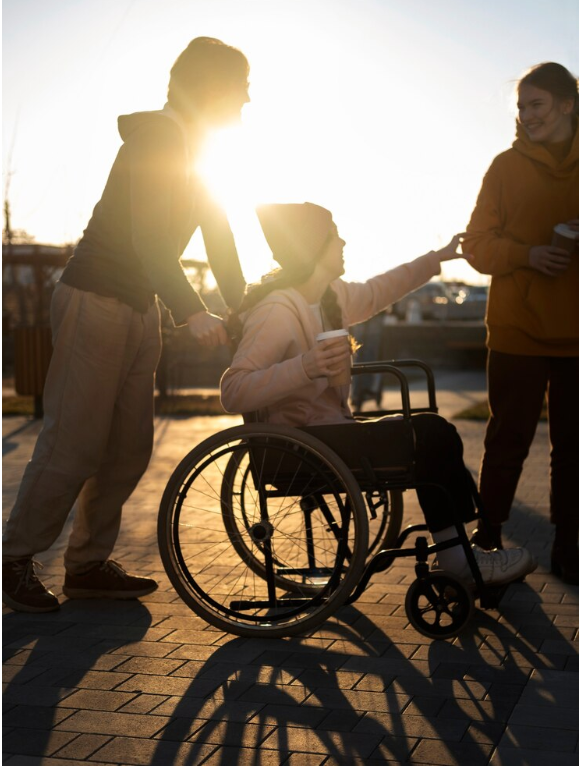
International Day of Persons with Disabilities Theme: 2024
Every year, there is a theme for the International Day of Persons with Disabilities, and issues are debated under that theme. These can range from higher inclusion rates in education and work to better accessibility of public areas and transport. It is meant to question governments, organizations, and people to act to enhance these directions and make society more inclusive in the general sense.
How to Celebrate International Day of Persons with Disabilities
-
Raise awareness
Teach people about different types of disabilities. This means minimizing the shame people think when they hear this word. The more people know the more understanding this creates in society. You can make use of social media to raise awareness about the rights of disabled people. Make use of certain hashtags to amplify your reach. Developing or creating a campaign that highlights the challenges and obstacles a disabled person faces in their daily lives is the perfect way to raise awareness. Encourage people with disabilities to share the real stories they experienced to make an impact.
-
Promoting Equal Rights
People with disabilities need equal rights, just like other humans, to live equally, work, and enjoy their lives in society. Make sure they are treated with equal rights. This day reminds us that we should respect such rights.
-
Supporting Accessibility
Making sure all facilities and services are accessible to everyone. This can be in the form of wheelchair ramps, braille signage, accessible websites, and accessible public transportation.
-
Celebrate their Contributions
Every individual with disabilities has skills, talents, and perspectives, unlike those people without disabilities. Accordingly, this day is set aside to celebrate their contributions in art, sport, business, education, and any other area of life.
-
Volunteer at Disability Support Organization
Volunteer by dedicating your time and talents to a local organization supporting disability. You can volunteer in various ways - helping with the recreational function, assisting in vocational training programs, or even mentoring people with disabilities. This can make a huge difference in their well-being.
-
Support Disability Advocacy Groups
Some disability advocacy groups work for the causes and benefits of disabled individuals. You can support their valuable work through donations or membership. Your financial or active support strengthens their effort in advocacy for inclusion policies, making a better impact in this world. Every little piece counts toward making a difference.
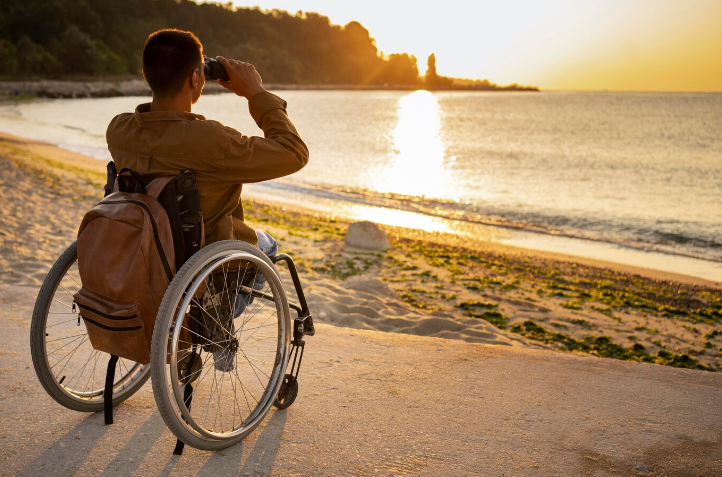
Conclusion
The International Day of Persons with Disabilities is an excellent reminder of the universal importance of inclusion, accessibility, and equal rights for all people. Observing this day honors the successes and resilience that exist among persons with disabilities while continuing to press on with the goal of building an accessible world for everyone.
Every one of us can contribute to a society that is accessible and inclusive. This is done through learning more, raising the profile about support for inclusive practice, or just by treating people well. Whatever we do, it makes a difference. Together we can help build the future where people of all abilities live with dignity and independence.
Related Articles:
